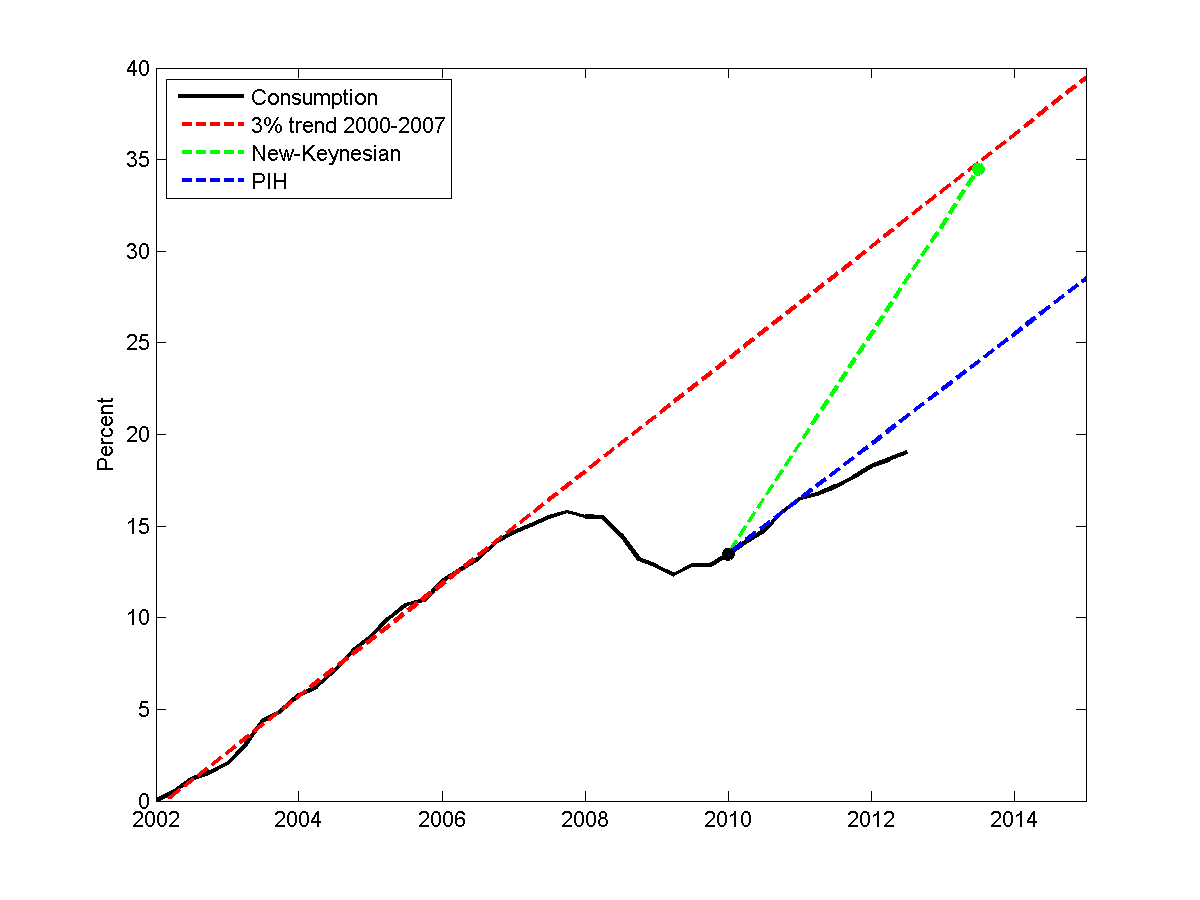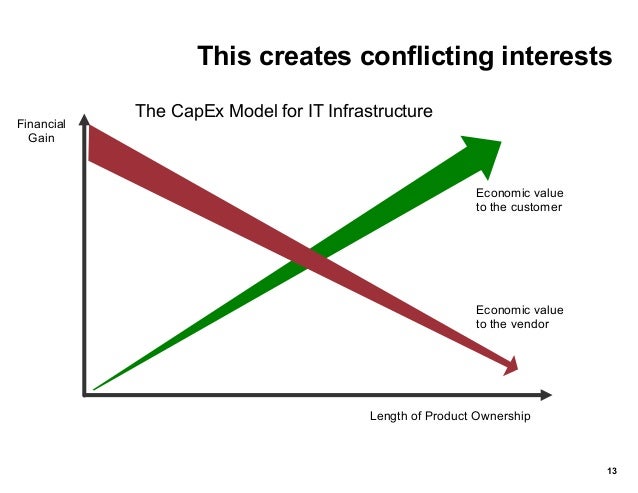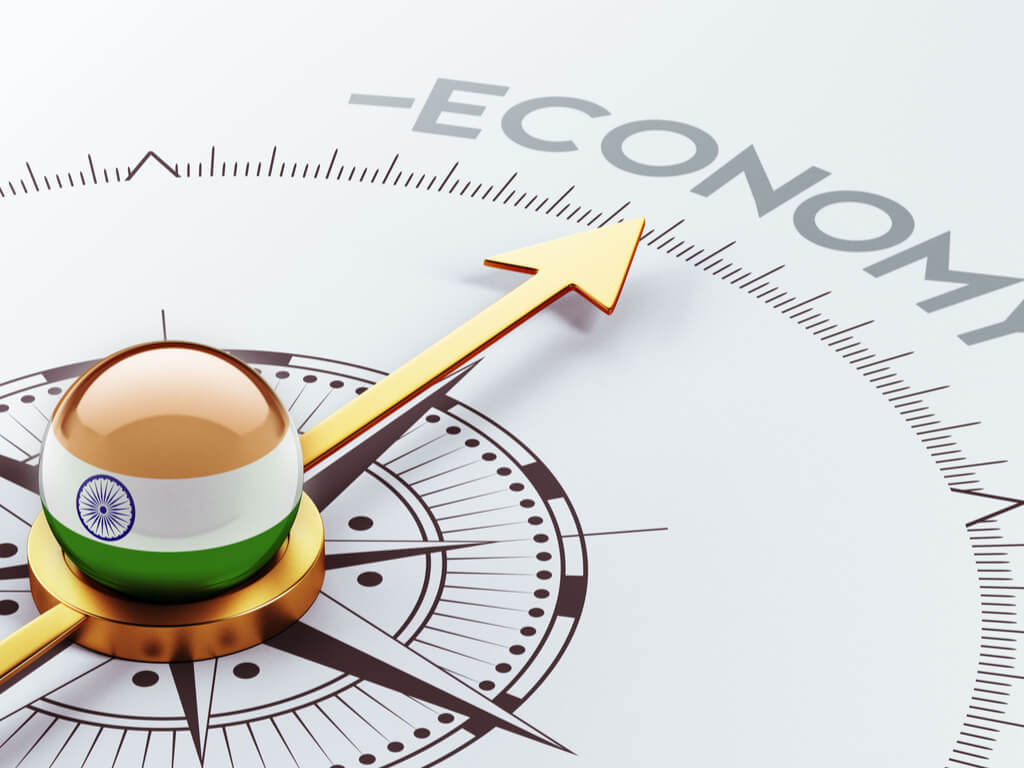
The second principal reason for concern with the consumption function is an outgrowth of the depression of the 1930s and of the revolutions in economic thought and policy to which it led. This has been underscored in recent years by the shortages of capital confronting the less developed countries. In spite of these and other difficulties, there can be no doubt of the importance for economic growth of the processes of individual and social decision that determine the share of saving, as conventionally measured, in net national product.

The national accounts do not now count any educational outlays as saving or associate with them any increase in national wealth. And no attempt is made in many national accounts (including those of the United States) to estimate the accumulation of real wealth by governments, even before allowance for depreciation.Īn even greater practical and conceptual problem, which has attracted considerable research interest recently, is to identify and to measure the saving embodied in human beings in the form of increased education, new skills, and greater capacities. Housing is the only consumers' durable asset for which such accounts are estimated for other consumers' durable goods, consumption is simply equated to new purchases. This is difficult enough for business plant and equipment.

One problem is to measure the value of the services rendered by existing stocks of producers' and consumers' durable goods, and to allow for their depreciation and obsolescence. Very likely, saving, as measured in our national accounts, understates our society's provision for the future. In practice it is difficult to measure these concepts of social accounting-net national product or income, consumption, saving, and wealth-in ways that correspond to the fundamental distinction between provision for the present and provision for the future.

Broadly speaking, consumption uses productive resources in the present, while saving enlarges the resources available for production and consumption in the future-by increasing stocks of finished goods or materials, productive plant and equipment, and net claims on foreign countries. The first principal reason is the importance of saving for accumulation of the wealth of nations and for growth in their capacity to produce goods and services. Why have economists been interested in the division of social income between consumption and saving? There are two main reasons. In either form, incidentally, the statement is no better than a good first approximation.

households in the aggregate spend for consumption 95 per cent of their income after taxes can also be stated by saying that they save 5 per cent of the income at their disposition. It is a matter of indifference whether attention is directed to the determinants of consumption or to the determinants of saving the results of one approach can always be translated into the other. Since saving is by definition the difference, positive or negative, between income and consumption, whatever relationships are summarized in a consumption function can be summarized equally well in a saving function. Income itself is, of course, high on any such list and much of recent investigation has concerned the nature, reliability, and measurement of the dependence of consumption on income. In the past thirty years theoretical and empirical investigation of these factors has been focused by the concept of the consumption function-a list of the variables that influence consumption, together with the direction and magnitude of their effects. Economists have long been interested in the factors determining how a society divides its income proportionally between consumption and saving.


 0 kommentar(er)
0 kommentar(er)
